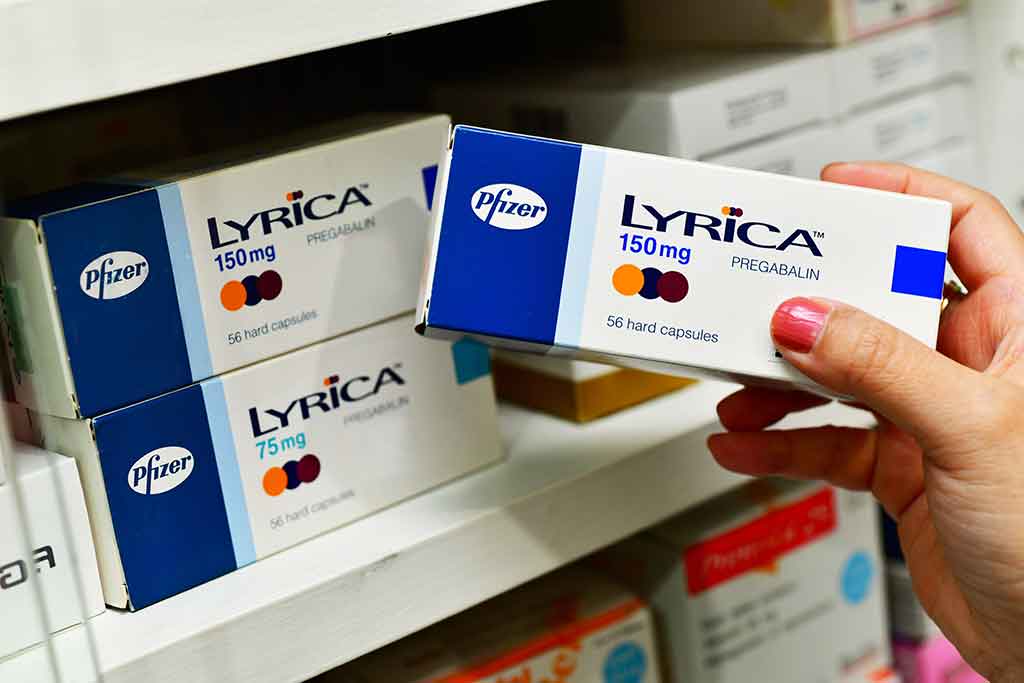The more we learn about the nervous system, the more we learn what causes it to become damaged. Peripheral neuropathy has many originators, and while some are still a mystery to us, alcohol abuse isn’t. Many individuals suffer from alcoholic neuropathy, and the stories of musicians like Eric Clapton and more can shed some light on the types of behaviors, including heavy alcohol drinking, that can cause nerve damage.
Many of our favorite entertainers are known for living the “rock star lifestyle,” but how often are we given the opportunity to see how that lifestyle catches up later on in life?
In a relatively recent interview, Eric Clapton opened up for the first time about his own experiences with peripheral neuropathy, and he’s not the only entertainer to mention having the condition.
Taking a look at fast-living individuals who have wound up dealing with peripheral neuropathy as a result of their youthful exploits can offer us a pretty good look at some of the cultural and behavioral factors that contribute to peripheral neuropathy.
Eric Clapton’s Peripheral Neuropathy Troubles

Back in 2016, Eric Clapton sat down for an interview with Classic Rock Magazine (check out their June 15, 2016 issue for the full interview — you can read an excerpt here). In it, the legendary musician opened up about some of his experiences with nerve damage, and it’s not hard to draw a direct line from his past lifestyle to his current experiences.
Clapton has certainly come a very long way from his more freewheeling younger days, but we’re also talking about a gentleman who had a song named “Cocaine.” And it wasn’t a cautionary tale! Clapton has never been shy about his past addictions and mentions alcohol abuse and recovery in the interview.
Not only is it incredibly commendable to have rebounded from so much substance abuse, but Clapton goes a step further, allowing his experience to serve as a warning to others: “It started with lower back pain and turned into what they call peripheral neuropathy, which is where you feel like you have electric shocks going down your leg.”
While this doesn’t necessarily mean that alcohol abuse was the direct cause of his particular case, with the strong link between alcoholism and neuropathy, there’s no question that it didn’t help. Clapton’s condition isn’t a new one, either: The musician has canceled appearances going back to 2013, citing reasons like “extreme pain,” and he’s not the only one.
More Musicians Come Forward about Nerve Damage
More and more musicians have begun to recently talk about their peripheral neuropathy. The more we come to understand how nerve damage works and what kinds of activities cause it, the more certain individuals start to understand the source of all their pain.
The good news is, they’re speaking up about it.
British guitarist David Bell recently opened up about what it’s like to deal with nerve damage: “…it feels like your nerves are exposed to the outside world. Any contact — particularly cold — can make you ‘uncomfortable.’ You end up wearing gloves a lot of the time…not the best of side effects, from my viewpoint.”
An understandable opinion, considering that the man’s a guitarist.
The late Keith Emerson, of Emerson Lake and Palmer, also was recently revealed to have been dealing with nerve damage in one of his hands, caused by a motorcycle accident. Worth noting is that in this case, the injury was the direct cause of neuropathy, not lifestyle choice.
This brings us to an interesting observation: as mentioned in a piece by The Telegraph, Scena magazine estimates that about one in five musicians is diagnosed with peripheral neuropathy.
The takeaway here is that the types of repetitive motion often associated with musicianship can cause neuropathy just as easily as lifestyle choices like substance and alcohol abuse.
Knowing How Much Is Too Much Alcohol
As recently as a few years ago, the National Institute on Alcohol Abuse and Alcoholism estimated that about 7% of the adult population in the US engages in what can be considered “heavy alcohol use.”
When does alcohol use become “heavy?” It’s most commonly characterized by the recurrence of what we call “binge drinking.” This means any time you have more than about five drinks in a span of two hours. Heavy alcohol use, then, is described as binge drinking more than five times over the course of a single month.
Alcohol Use Disorder, while a bit less strictly defined, is actually slightly easier to characterize. This is a condition in which heavy drinking continues, even though it’s been shown to have an adverse set of “social, occupational, or health consequences.” In other words, when you can’t stop, despite knowing that you should.
The more we learn about our nerves, the more we’re finding that alcohol and neuropathy have a direct link.
Say No to the Sauce for Healthier Nerves
As recently as January, studies have been released that illustrate the relationship that exists between peripheral neuropathy and alcohol abuse. Adam Sadowski and Richard C. Houck, of the Ohio Valley Medical Center, recently found that up to 66% of individuals who drink on a chronic basis are also dealing with some form of nerve damage.
66% of individuals who drink on a chronic basis are also dealing with some form of nerve damage.
Alcohol abuse has a wide variety of negative impacts on the body, from nutritional deficiency to the direct toxicity caused by chemicals like ethanol (the active ingredient in alcoholic beverages). It’s bad for us in multiple ways, which is why its abuse has been so directly tied to peripheral neuropathy — over time, it contributes to a level of body toxicity that our nerves just can’t deal with.
The simple solution, of course, is to avoid heavy drinking to avoid the painful impacts of peripheral nerve damage. But even if chronic drinking has already been a part of your life, smarter nutrition-rich dietary choices, no alcohol, and more exercise can help you start pushing back against the encroachment of peripheral neuropathy.
Gabapentin Joins the Opioid Crisis

Gabapentin and similar gabapentinoids, like Lyrica, have now come to play a crucial part in…
Celiac Disease and the Neuropathy Connection: What You Need to Know

Notice that you get headaches more often than usual? Feel tired even though you sleep…
66% of Chronic Drinkers Have Alcoholic Neuropathy

Chronic alcohol consumption is a contributing factor in a high number of peripheral neuropathy cases.…
Sensory Symptoms are Your Warning Light. Don’t Ignore.

Symptoms of peripheral neuropathy come in all different types. Usually, the symptoms you experience will…
8 Best Supplements for Neuropathy

We know that nutritional supplements -- in addition to a healthy diet -- can help…
What Does My Peripheral Neuropathy Diagnosis Mean?

It’s a mouthful. Confused by what it even means? If you have a peripheral neuropathy…













